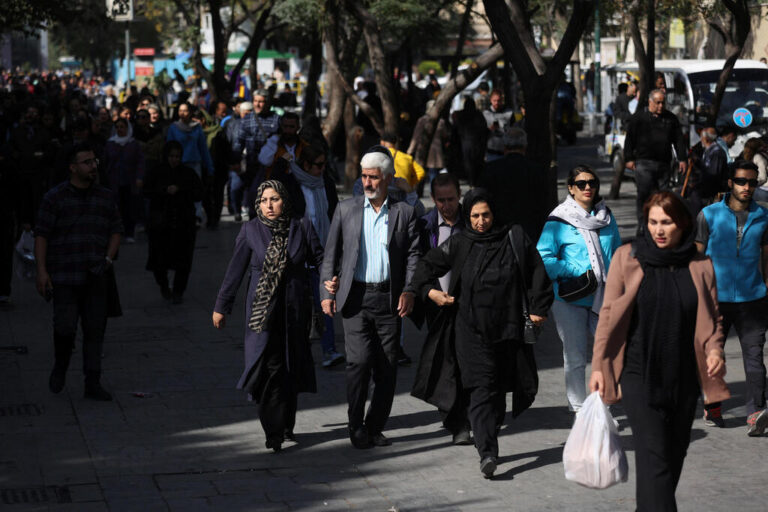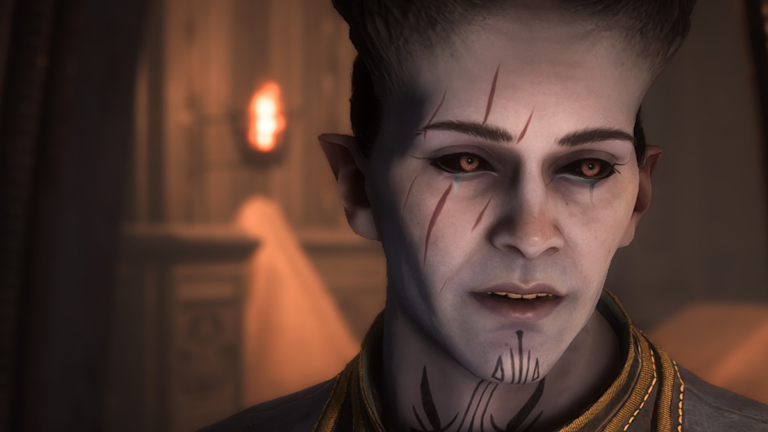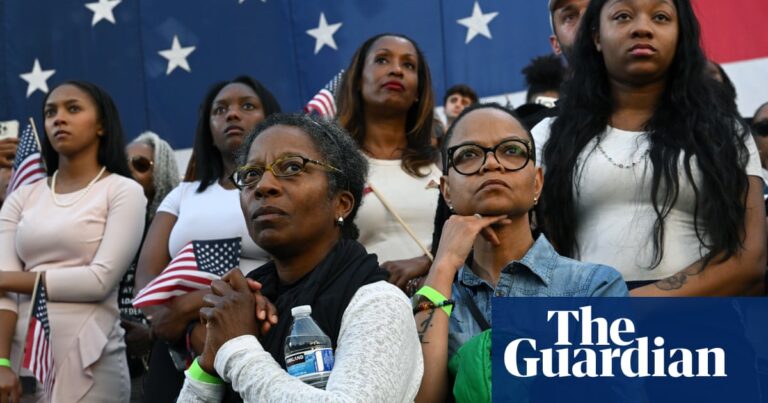Canada’s Woke Nightmare: A Cautionary Tale for the West
Canada’s Woke Dilemma: A Cautionary Tale for the West
When you hear the term “woke,” what comes to your mind? A movement for social justice? A way to challenge the status quo? Or perhaps a set of overly rigid rules that stifle conversation? Well, Canada seems to be grappling with all these aspects, leading to quite the turbulent journey through the societal landscape. As we dive into this topic, we’ll explore how Canada’s experience with what many call a “woke nightmare” serves as a cautionary tale for other Western countries. Buckle up, folks; this is going to be a thought-provoking ride!
The Roots of Wokeness
To better understand the current situation in Canada, we first need to take a step back and dig into the roots of wokeness. Wokeness originated from the African American Vernacular English (AAVE) term “stay woke,” which meant being aware of social injustices, particularly regarding racism and inequality. It started with the best intentions—calling attention to the pressing issues that marginalized communities face.
However, just like a plant that’s overwatered, wokeness has grown in unexpected and sometimes unwieldy directions. What began as a movement advocating for social change has evolved into a complex web of ideologies, policies, and actions, with certain aspects becoming contentious over time. Now, instead of serving as a beacon of equality, wokeness sometimes feels more like a heavy cloud blocking the sunshine of open dialogue.
The Canadian Experience
Over the past few years, Canada has been a microcosm for examining the wokeness phenomenon. It’s been marked by several key incidents that exemplify how social justice initiatives can go awry, leaving citizens puzzled and frustrated. From controversial legislation to heated social media debates, it’s like a rollercoaster without a seatbelt.
Case in Point: The Bill C-16 Controversy
Let’s dive into one of the more prominent examples: Bill C-16. This legislation was introduced to add gender identity and expression to the list of prohibited grounds for discrimination under Canadian human rights law. On the surface, it appeared to be a step forward for LGBTQ+ rights, right? But the debate that followed was intense. Critics argued that it could infringe upon free speech, leading to an environment where expressing differing viewpoints could result in severe repercussions.
Imagine being in a classroom and wanting to discuss ideas contrasting those that are favored by the majority. Suddenly, you might feel like you’re walking on eggshells. That’s precisely what critics claim happened. In attempting to promote inclusivity, the lines between appropriate dialogue and censorship became blurred, sparking a backlash among those who hold traditional views.
Education: A Ground Zero for Woke Ideology
School systems have also become battlegrounds in this woke dilemma. Public schools, traditionally viewed as safe spaces for diverse conversations, are now increasingly caught in the throes of ideological rigidity. Educational curricula in some provinces have been revamped to focus heavily on social justice themes, often at the expense of broader educational content.
Many parents are left scratching their heads, wondering if their children are learning to think critically or simply absorbing a set of beliefs. While it’s essential to teach history and important societal truths, it’s also vital for students to be exposed to multiple perspectives. Education should ideally be a buffet of ideas, where kids can sample and determine what resonates with them instead of being served a single dish day after day.
Freedom of Speech: A Precious Commodity
Ah, freedom of speech—the cornerstone of democratic societies! In Canada, however, the increasing influence of woke culture has raised eyebrows about whether this principle is at risk. In recent years, there have been multiple instances where individuals faced consequences for their comments, often taken out of context or misunderstood.
It’s not just public figures, either; ordinary citizens have found themselves in hot water over social media posts or even casual conversations. If you step out of line with the prevailing narrative, you might find yourself booted off social platforms or publicly shamed.
To many, this presents a troubling paradox: are we genuinely protecting marginalized voices, or are we merely silencing dissenting opinions? Is political correctness serving as a guide to a more just society, or is it creating an echo chamber that hinders open dialogue?
Social Media: The Double-Edged Sword
Speaking of social media, it’s crucial to acknowledge that platforms like Twitter, Instagram, and TikTok are playing significant roles in both promoting and critiquing wokeness. On one hand, these platforms provide a space for marginalized voices to be heard and can rally communities around shared causes. On the other hand, they also foster an environment that can quickly turn toxic.
Just think about it—one tweet can snowball into an online mob demanding accountability for perceived offenses. It’s like throwing a rock into a calm pond, where the ripples can swell into waves. The speed at which information spreads means that many individuals find themselves at the mercy of public opinion, often without understanding the full story. This phenomenon can lead to censorship, self-censorship, and even the suppression of meaningful conversations worth having.
The Backlash: Voices Rising Up
As all these dynamics play out, a fascinating backlash is emerging. Many Canadians—disillusioned by the perceived excesses of wokeness—are beginning to speak out in defense of free speech and robust debate. Movements and organizations advocating for a return to open dialogue have started gaining traction, reflecting a yearning for more balanced conversations.
This resistance isn’t merely a conservative or right-wing phenomenon; it spans the political spectrum. Individuals from all backgrounds are coming together, arguing that genuine activism should encourage rather than stifle discussion. They emphasize the importance of healthy dissent as a vital ingredient for a thriving democracy.
Analogies and Metaphors: Navigating a Ship
Think of the situation as a ship navigating treacherous waters. The captain and crew must stay the course while also being ready to adjust the sails using feedback from the crew and the ocean’s currents. If they let any single ideology dictate their navigation without allowing for useful input from different perspectives—well, they might just shipwreck!
What Lies Ahead for Canada?
As we glance into Canada’s future in this complicated landscape, it’s hard to predict precisely where everything will head. The road could branch in myriad directions. Will Canadians embrace a more balanced approach that encourages discussion? Or will they remain bogged down in the extremes of ideological battles?
One thing is for sure: other Western countries are watching closely. The dangers of going too far in any direction are palpable. By learning from Canada’s experiences, nations grappling with the impacts of the woke movement might better navigate these turbulent waters before they find themselves in deep trouble.
Conclusion
Canada’s flirtation with wokeness serves as an essential lens through which to examine societal dynamics today. On one hand, the aspirations to achieve greater equality and justice resonate deeply within many of us. On the other, there’s a cautionary note against the pitfalls of ideological rigidity, censorship, and the erosion of free speech. It’s a reminder that while the path to equity is vital, it’s equally crucial to maintain open channels for discussion and differences of opinion.
As we navigate our own societal seas, let’s be wary of drifting too far in either direction. After all, a thriving society should be robust enough to embrace diverse perspectives, even when they’re challenging.
FAQs
1. What is wokeness, and where did it originate?
Wokeness stems from the African American Vernacular English term “stay woke,” which denotes being aware of social injustices. It initially aimed to bring attention to issues surrounding racism and inequality.
2. How has wokeness manifested in Canada?
In Canada, wokeness has influenced education, legislation, and the public discourse, leading to debates about free speech and inclusivity, often creating division among the populace.
3. Is there a backlash against wokeness in Canada?
Yes, many Canadians are beginning to speak out against what they perceive as the excesses of wokeness, advocating for free speech and healthy debate as pivotal elements of a functioning democracy.
4. Why is freedom of speech relevant to the conversation about wokeness?
Freedom of speech is crucial because it allows for diverse and dissenting opinions to be heard, ensuring that public discourse remains healthy and robust. The dynamics of wokeness often threaten this principle.
5. How can other Western nations learn from Canada’s experience?
Other nations can reflect on the fine line between advocating for social justice and maintaining open dialogue. The Canadian experience serves as a cautionary tale about the potential pitfalls of rigid ideologies and the importance of diverse perspectives.







